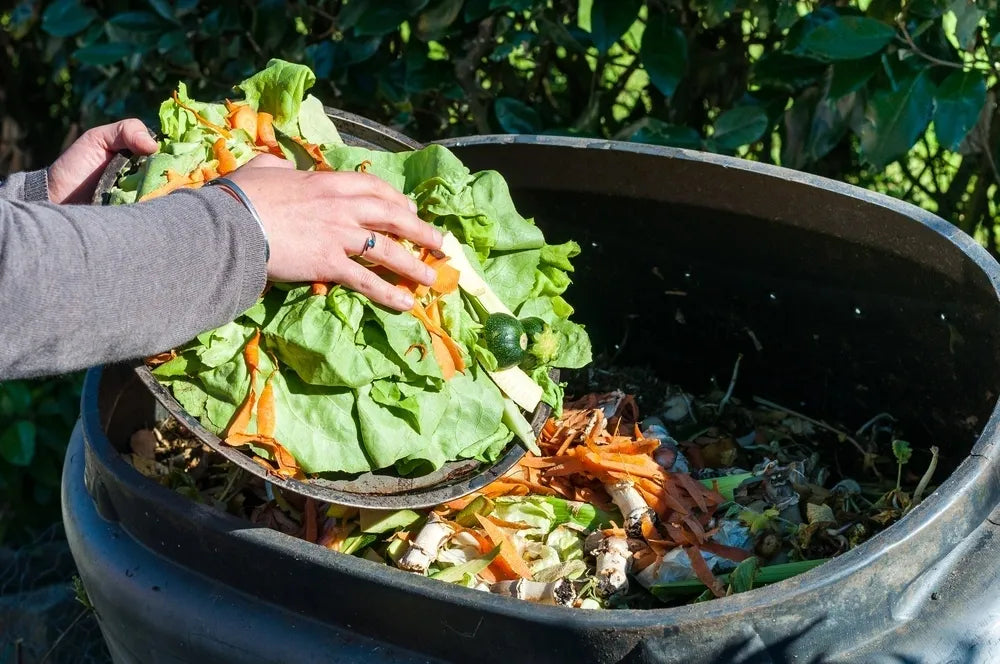Composting is an essential practice for any gardener or homeowner who wants to reduce their environmental footprint and improve the health of their soil. Not only does it reduce the amount of waste sent to landfills, but it also helps to create nutrient-rich soil that can be used to grow healthier plants. This article will explore the importance of composting and provide a simple guide on starting your own compost bin.
First, let's talk about the benefits of composting. One of the most significant benefits is that it reduces the amount of waste sent to landfills. According to the Environmental Protection Agency, food scraps and yard waste comprise more than 20% of what is thrown in landfills. By composting, we can divert this waste from landfills and instead use it to nourish our soil.
Another benefit of composting is that it improves the health of our soil. When added to soil, organic matter helps increase the soil's ability to hold water and nutrients. This can lead to healthier plants and bigger yields. Compost also contains microorganisms and other beneficial organisms that help to break down organic matter and promote soil health.
Now that we've discussed the benefits of composting let's talk about how to start your own compost bin. The first step is to choose a location for your bin. It should be in a spot that is easy to access but also out of the way. It's also essential to choose a location that has good drainage.
Once you've chosen a location, it's time to start building your compost bin. There are many different designs and styles to choose from, but one of the simplest and most effective is the three-bin system. This system consists of three bins, each slightly smaller than before. The first bin is used for collecting organic matter, the second bin is used for actively composting, and the third bin is used for finished compost.
To start your compost bin, you must gather organic materials such as leaves, grass clippings, fruit and vegetable scraps, and coffee grounds. You should also include small amounts of soil or finished compost to provide a source of microorganisms. As you add materials to your bin, mix them well to ensure that they break down evenly.
You will also need to turn your compost pile regularly to ensure it gets enough oxygen and mix the materials. This can be done with a pitchfork or a compost aerator. Turning your compost pile regularly will speed up the decomposition process and ensure that your finished compost is ready to use promptly
It is also essential to monitor the moisture level in your compost pile. If it is too dry, add water to it. If it is too wet, add more dry materials such as leaves or straw. Your compost pile should be moist but not soaking wet.
Finally, it's important to note that not all materials can be composted. Items such as meat, dairy, and fats should not be added to your compost bin as they can attract pests and create unpleasant odors.
In conclusion, composting is an essential practice for any gardener or homeowner who wants to reduce their environmental footprint and improve the health of their soil. By starting your own compost bin, you can reduce the amount of waste sent to landfills and create nutrient-rich soil that can be used to grow healthier plants. With a little bit of effort and a few simple tools, you can easily start your own compost bin and start reaping the benefits of this valuable practice.

